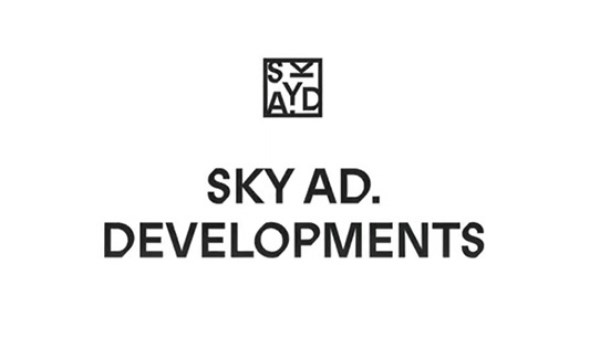
FAO world food index up in July with12%jump in vegetable oil prices

The Food and Agriculture Organization of the United Nations reported that the FAO Food Price Index، which tracks monthly changes in the international prices of globally-traded food commodities، averaged 123.9 points in July، up 1.3 percent from the previous month، leading by a sharp jump in the FAO Vegetable Oil Price Index، which rose 12.1 percent from June، influenced by the termination of the Black Sea Grain Initiative and on concerns over output prospects in leading producing countries.

The Food and Agriculture Organization of the United Nations، FAO، stated that the increase in the FAO Food Price Index was driven by a sharp jump in the FAO Vegetable Oil Price Index، which rose 12.1 percent from June after seven months of consecutive declines.
Global food commodity prices rose in July
The Food and Agriculture Organization of the United Nations، FAO، confirmed that Global food commodity prices rose in July، influenced by the termination of the Black Sea Grain Initiative due to continuous war in Ukrania، but falling international maize and sugar prices partly offset notable jumps in wheat and vegetable oil quotations

The Food and Agriculture Organization of the United Nations، FAO، indicated that World Food Price Index rebounded in July from two-year lows as vegetable oil markets rose following renewed tensions over grain exports from Ukraine and concerns over global production.
FAO world price index averaged 123.9 points in July
The Food and Agriculture Organization's (FAO) world price index، which tracks the most globally-traded food commodities، averaged 123.9 points in July against a revised 122.4 for the previous month whose reading، initially given as 122.3، was the lowest for the index since April 2021، said the Food and Agriculture Organization of the United Nations، FAO.

The Food and Agriculture Organization of the United Nations، FAO، explained that the July score was almost 12% lower than a year ago and 22% below an all-time peak in March 2022، just after the start of Russia's invasion of Ukraine.
The FAO's vegetable oil price index climbed 12% in July
The FAO's vegetable oil price index climbed 12% compared with June، breaking a run of seven straight monthly declines، according to the Food and Agriculture Organization of the United Nations، FAO، which added that international sunflower oil prices rebounded by more than 15 percent in the month، due mostly to renewed uncertainties surrounding the exportable supplies after the Russian Federation’s decision to end implementation of the Black Sea Grain Initiative and the world prices for palm، soy and rapeseed oils increased on concerns over output prospects in leading producing countries.

The Food and Agriculture Organization of the United Nations revealed that the FAO Cereal Price Index declined by 0.5 percent from June، driven by a 4.8 percent drop in international coarse grain quotations due to increased seasonal supplies of maize from ongoing harvests in Argentina and Brazil and higher-than-anticipated production in the United States of America.
International wheat prices rose for first monthly increase in nine months
However، international wheat prices rose by 1.6 percent، their first monthly increase in nine months، due to uncertainty over exports from Ukraine as well as continued dry conditions in North America، according to the Food and Agriculture Organization of the United Nations، FAO.

It said that the FAO All Rice Price Index increased by 2.8 percent last month and 19.7 percent on the year to reach its highest nominal level since September 2011، as India’s 20 July prohibition of non-parboiled Indica exports fostered expectations of greater sales in other origins، amplifying upward pressure already exerted on prices by seasonally tighter supplies and Asian purchases.
Substantial food security concerns for a large swathe of the world population
the Food and Agriculture Organization of the United Nations، FAO، warned that this upward pressure of rice prices caused substantial food security concerns for a large swathe of the world population، especially those that are most poor and who dedicate a larger share of their incomes to purchase food as well as that export restrictions can bear adverse consequences on production، consumption and prices that last beyond the duration of their implementation and risk exacerbating high food domestic inflation in many countries.

The FAO Sugar Price Index declined by 3.9 percent as good progress in Brazil’s sugarcane harvest and improved rains across most growing areas in India weighed on world quotations، as did subdued demand from Indonesia and China، the world’s largest sugar importers but persistent concerns over the potential impact of the El Niño phenomenon on sugarcane crops، along with higher international crude oil prices، mitigated the decline، though prices were nearly 30% above a year ago.





-1120252475029447.jpg)














